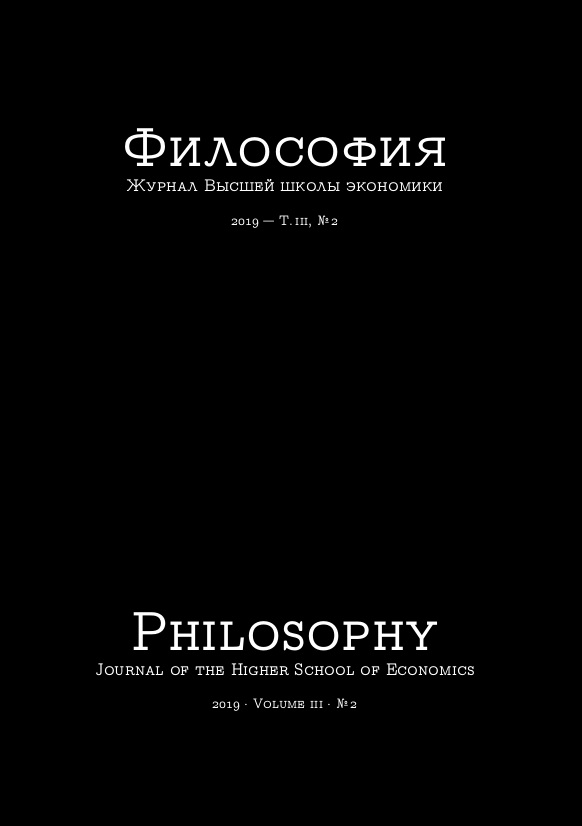“Vision” and the Metaphor of Vision in the Writings of Andrey Bolotov
Abstract
The article explores the problem of “vision” in the writings of the memoirist, scientist, philosopher A. T. Bolotov (1738–1833). German philosophers and especially Johann Georg Sulzer influenced the “vision” of the nature of Bolotov. Bolotov's works are analyzed, where he describes how he admires nature. In order to admire the nature it is necessary to adjust the vision correctly so one can see even the smallest of the phenomena of nature and their interconnections. Bolotov uses the metaphor of the machine. A properly adjusted vision sees the uniqueness and expediency of each natural phenomenon. In the present paper the pleasure that Bolotov gets from the contemplation of nature is also investigated. Bolotov observes nature, but doesn't see himself as a conqueror and converter of nature. Bolotov's ideas about harmony in nature are consistent with the optimism of the XVIII century, but Bolotov is helpless in trying to solve the problem of evil in the “best of worlds”. In addition, in present paper Bolotov's self-identification through the “admiration of
nature is analysed”.






